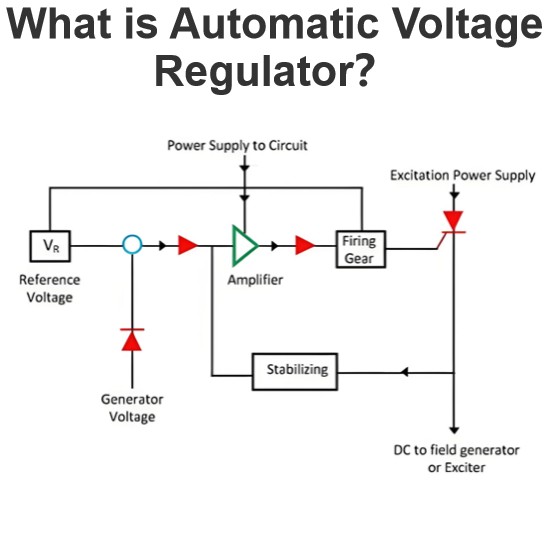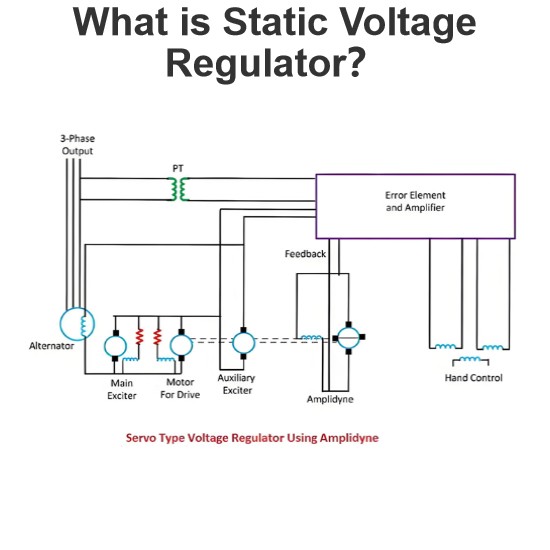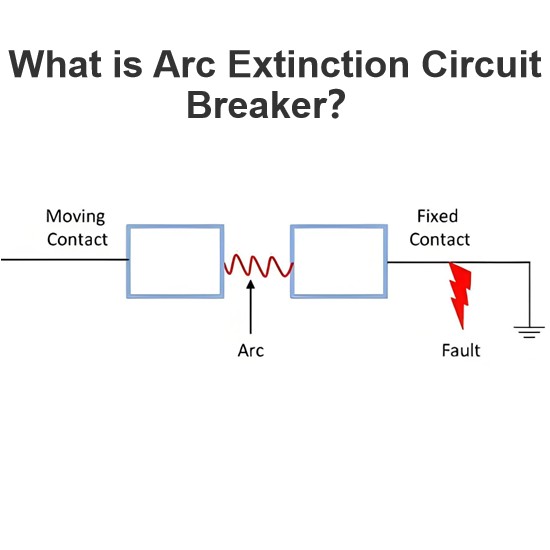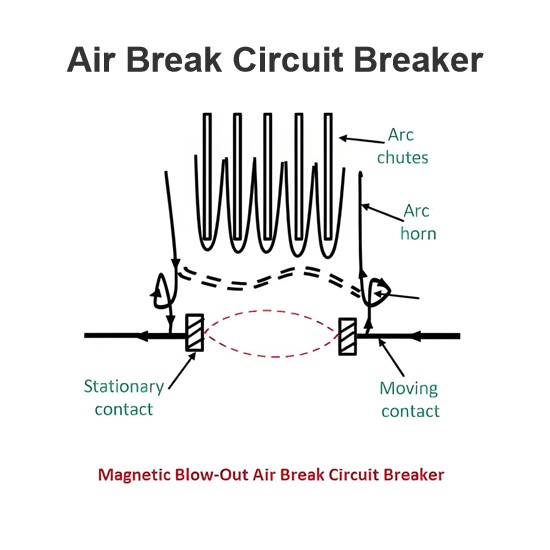What is a Control System?
What is a Control System?
Control System Definition
A control system is defined as a system of devices that manages, commands, directs, or regulates the behavior of other devices or systems to achieve a desired result. A control system achieves this through control loops, which are a process designed to maintain a process variable at a desired set point.
Components of the control system
Controller
Controlled object
Executive mechanism
Transmitter
Features of a Control System
Explicit mathematical relationships
Control system requirements
Accuracy
Sensitiveness
Low noise
Large bandwidth
High speed
Low oscillation
Type of control system
Open-loop control system : A control system in which the control actions are completely independent of the system output

Advantages of Open Loop Control Systems
Simple in construction and design.
Economical.
Easy to maintain.
Generally stable.
Convenient to use as output is difficult to measure.
Disadvantages of Open Loop Control System
They are inaccurate.
They are unreliable.
Any change in output cannot be corrected automatically.
Practical Examples of Open Loop Control Systems
Electric Hand Drier
Automatic Washing Machine
Bread Toaster
Light Switch
Closed-loop control system: In a control system, the output influences the input so that the input adjusts itself according to the output produced
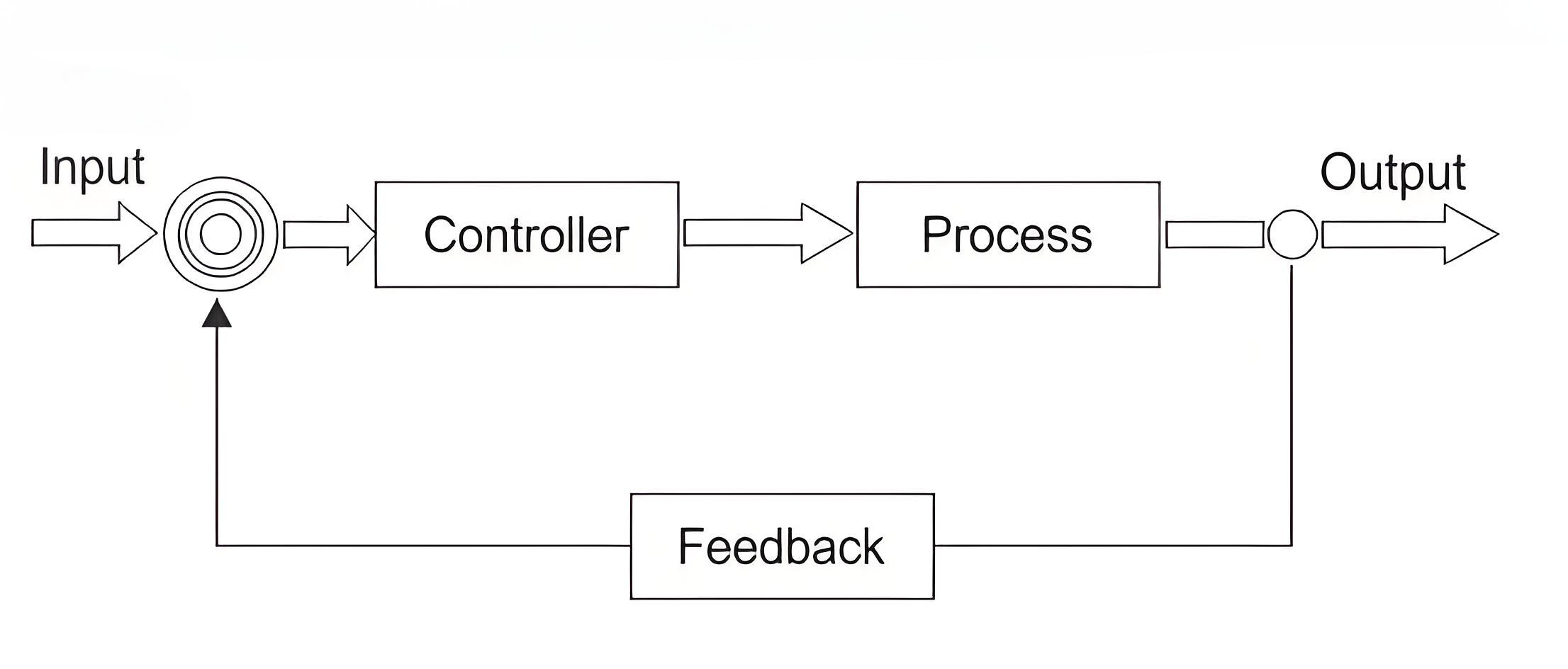
Advantages of Closed Loop Control System
Closed loop control systems are more accurate even in the presence of non-linearity.
Highly accurate as any error arising is corrected due to the presence of a feedback signal.
The bandwidth range is large.
Facilitates automation.
The sensitivity of the system may be made small to make the system more stable.
This system is less affected by noise.
Disadvantages of Closed Loop Control System
They are costlier.
They are complicated to design.
Required more maintenance.
Feedback leads to an oscillatory response.
Overall gain is reduced due to the presence of feedback.
Stability is the major problem and more care is needed to design a stable closed loop system.
Practical Examples of Closed Loop Control System
Automatic Electric Iron
Servo Voltage Stabilizer
Water Level Controller
Cooling System in Car
The Electricity Encyclopedia is dedicated to accelerating the dissemination and application of electricity knowledge and adding impetus to the development and innovation of the electricity industry.
